
The Next Leap in Medicine: How is AI Changing the Future of Drug Discovery?
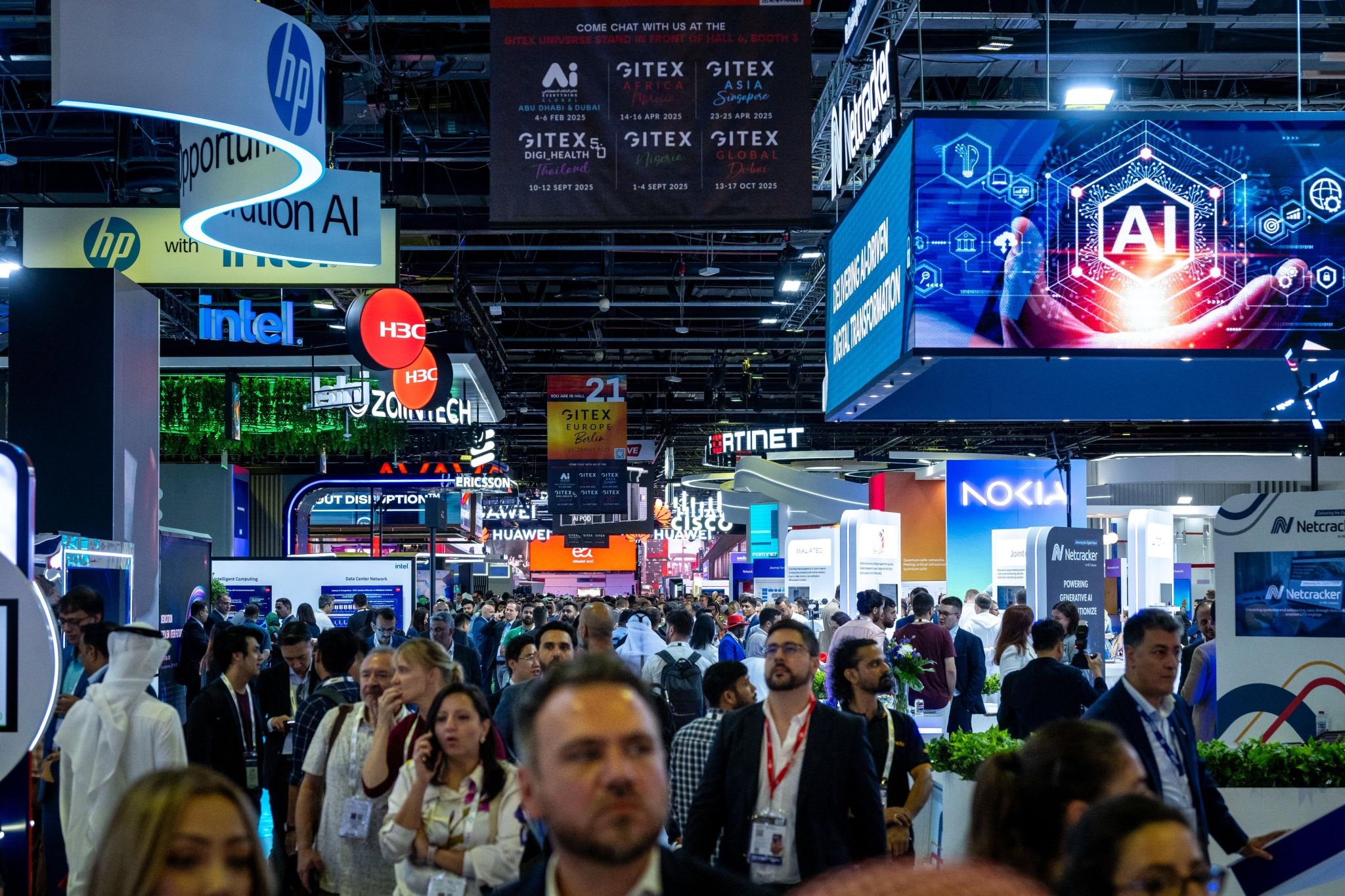
During our visit to GITEX Global 2024, artificial intelligence (AI) advancements stood out, especially in drug discovery. The world is on the verge of an unprecedented revolution in medicine, one that could be the most significant since the discovery of modern medicine. Amidst these rapid developments, an inspiring session titled "The Next Leap in Medicine: Are We on the Verge of a Radical Evolution?" was held, where experts discussed whether the AI-driven transformation is approaching fast or still far from being realized.
Dr. Shamir Khadr, the Global Head and Executive Director of Computational Biology and Precision Medicine at the global pharmaceutical company "Sanofi," strongly supported AI's role in this field. He stated: "Currently, drug discovery takes an average of 10 to 15 years, and the cost of a single project is around .5 to billion. Is this model sustainable? Certainly not, it needs to change. We must leverage AI capabilities at every stage of the process to reduce development costs and simplify drug discovery while also building data models and infrastructure capable of addressing various diseases."
One of the conference's highlights was the "BabyX" project, a virtual interactive model of an infant developed using AI. This virtual child features an artificial brain that remarkably mimics the human brain, learning and interacting with its environment just like a real human baby. Through biological AI and an operating system called "Brain Language," BabyX's neurochemical reactions enable it to determine how to respond—an innovation that could radically transform the future of AI.
In explaining the importance of the BabyX project, Dr. Mark Sagar, its creator and co-founder of the New Zealand-based company "Soul Machines," emphasized the key difference between human intelligence and AI. He said: "As humans, we learn early by exploring the world and experimenting. Play is an essential part of making human intelligence open and innovative, but it’s a missing element in current AI technologies. Therefore, we need to build a cognitive framework for AI that generates intelligent behaviour through a comprehensive approach, enabling us to develop the potential of general AI.
This session made it clear that AI will reshape modern medicine in the near future, opening new horizons for scientific and medical progress.






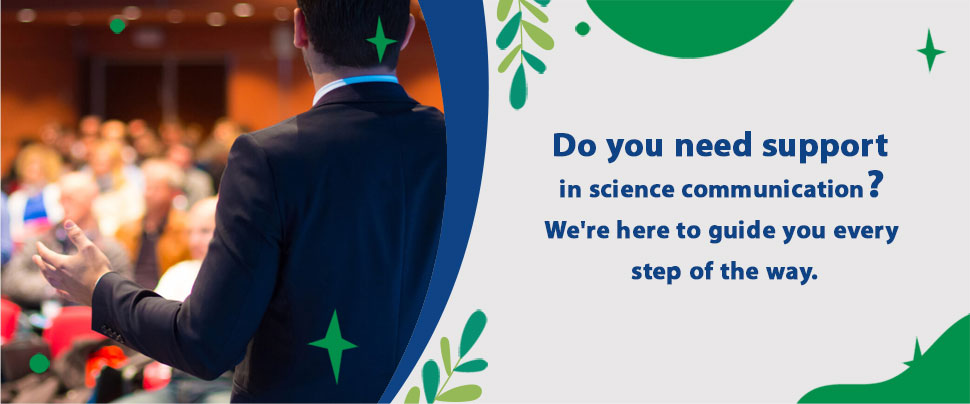




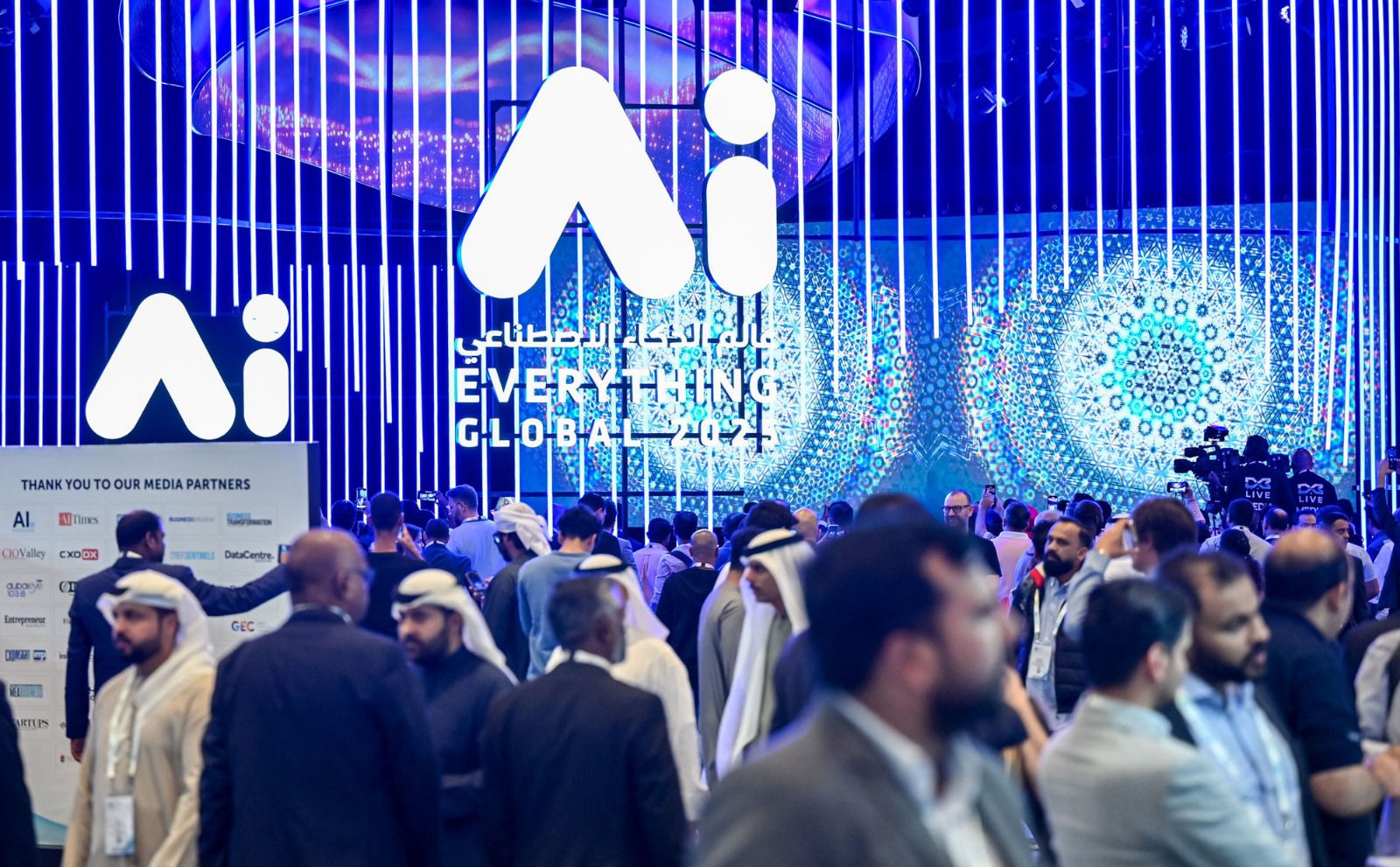
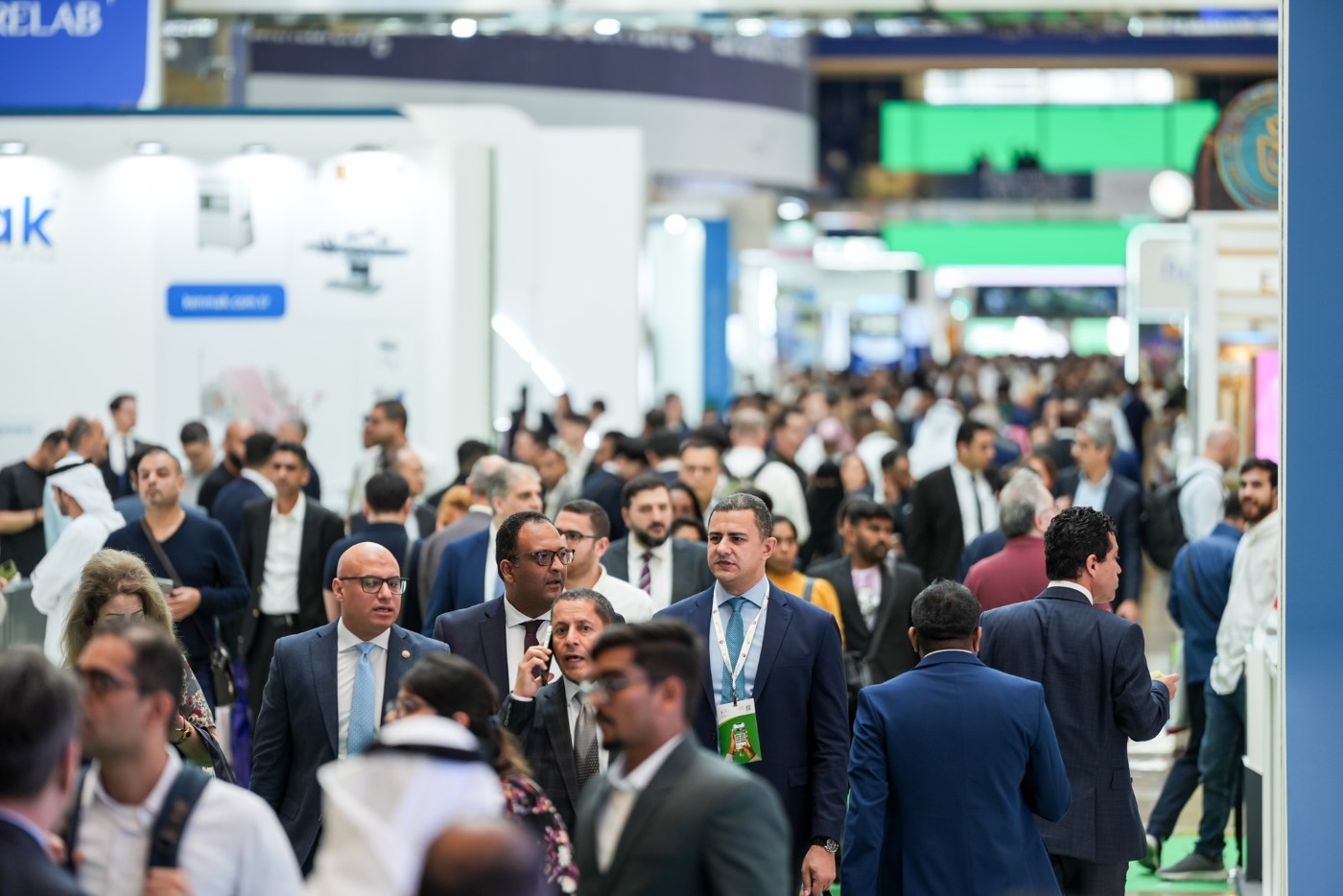
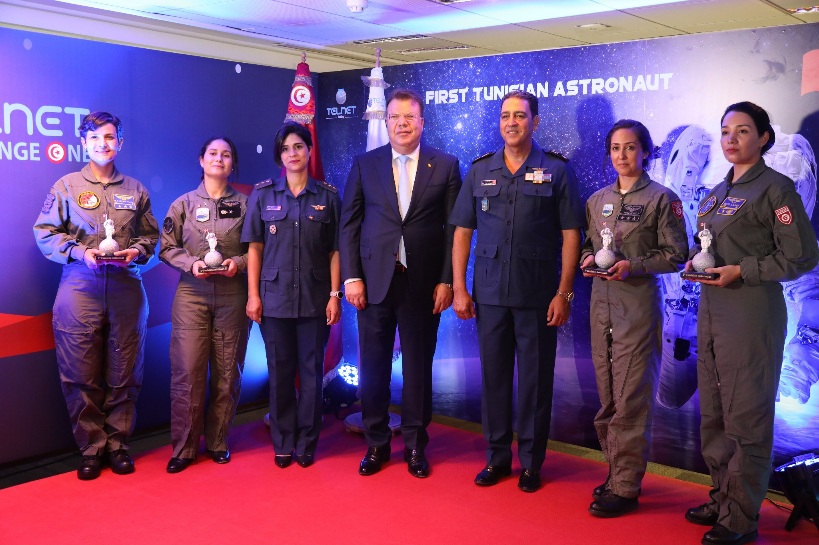

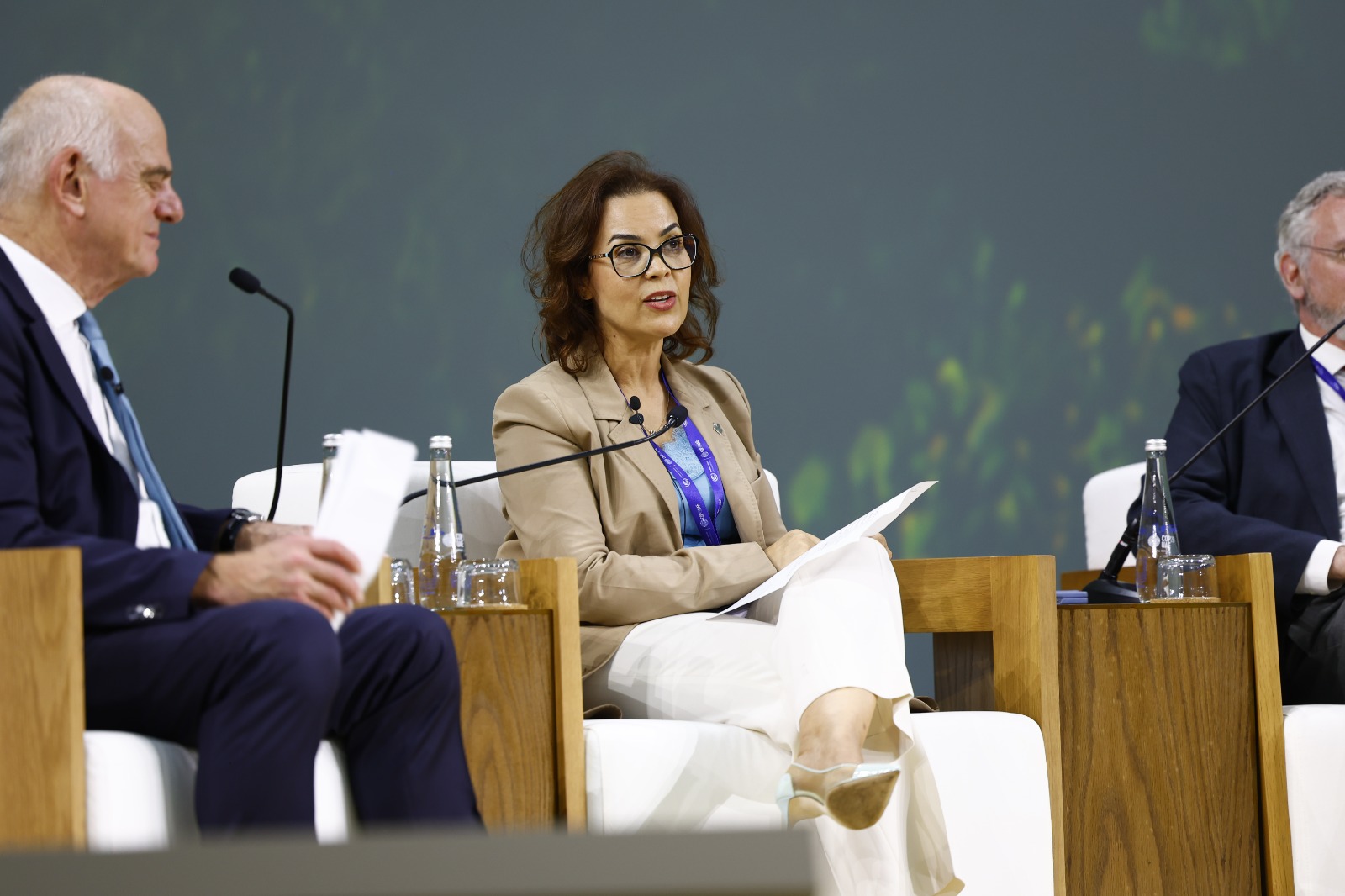


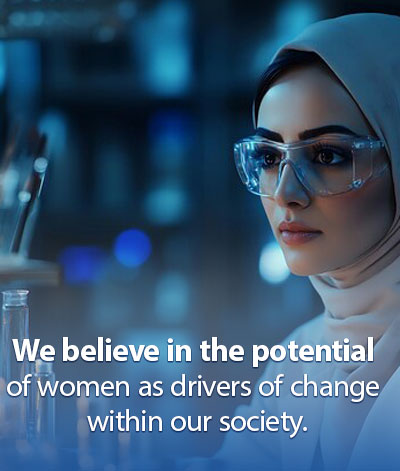



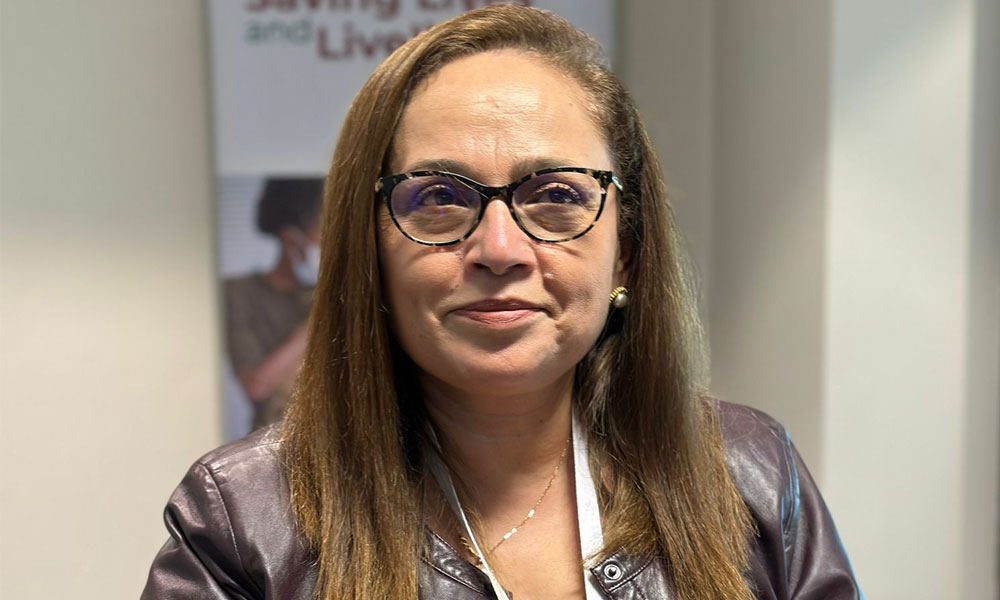

.jpg)
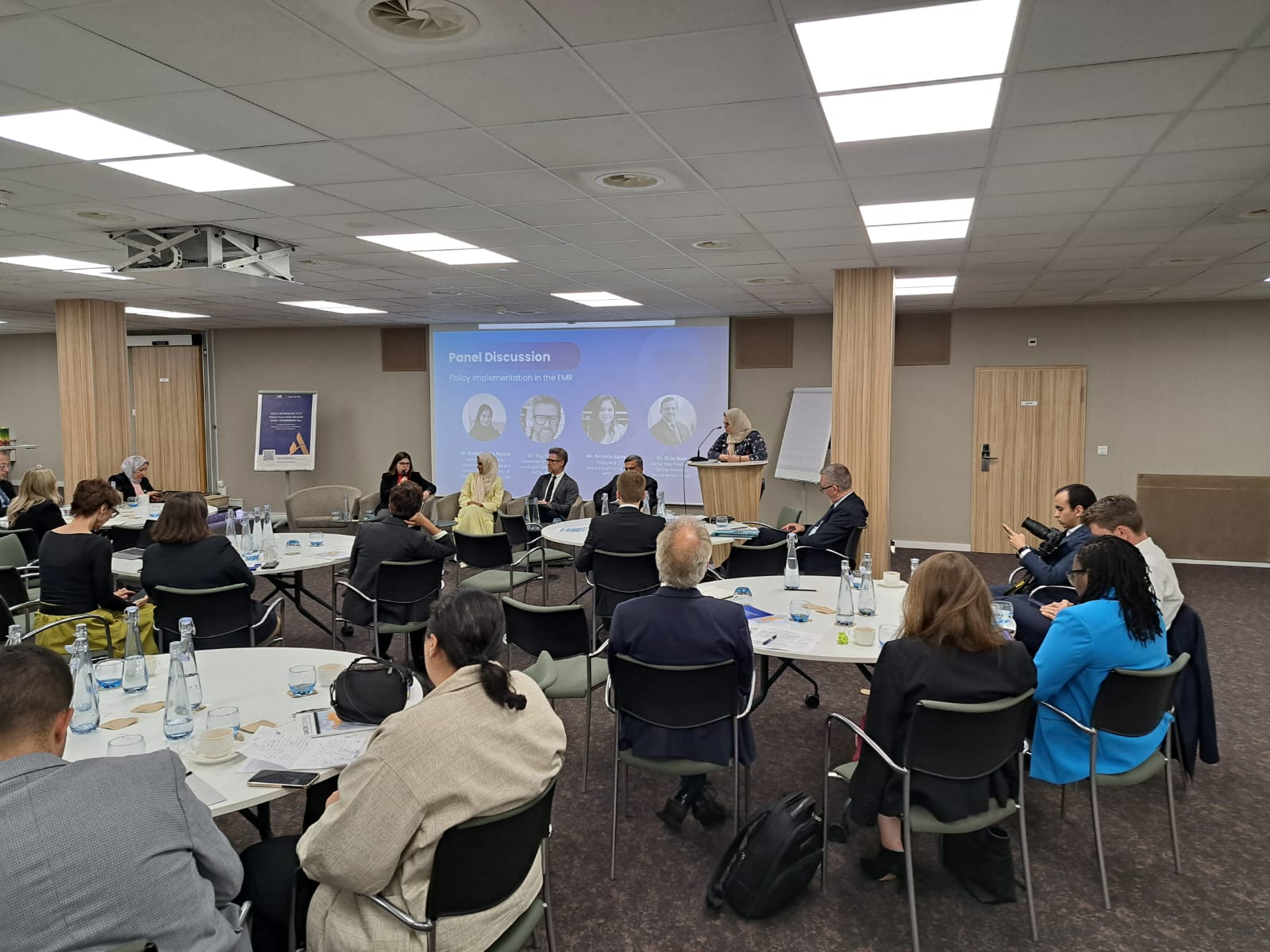



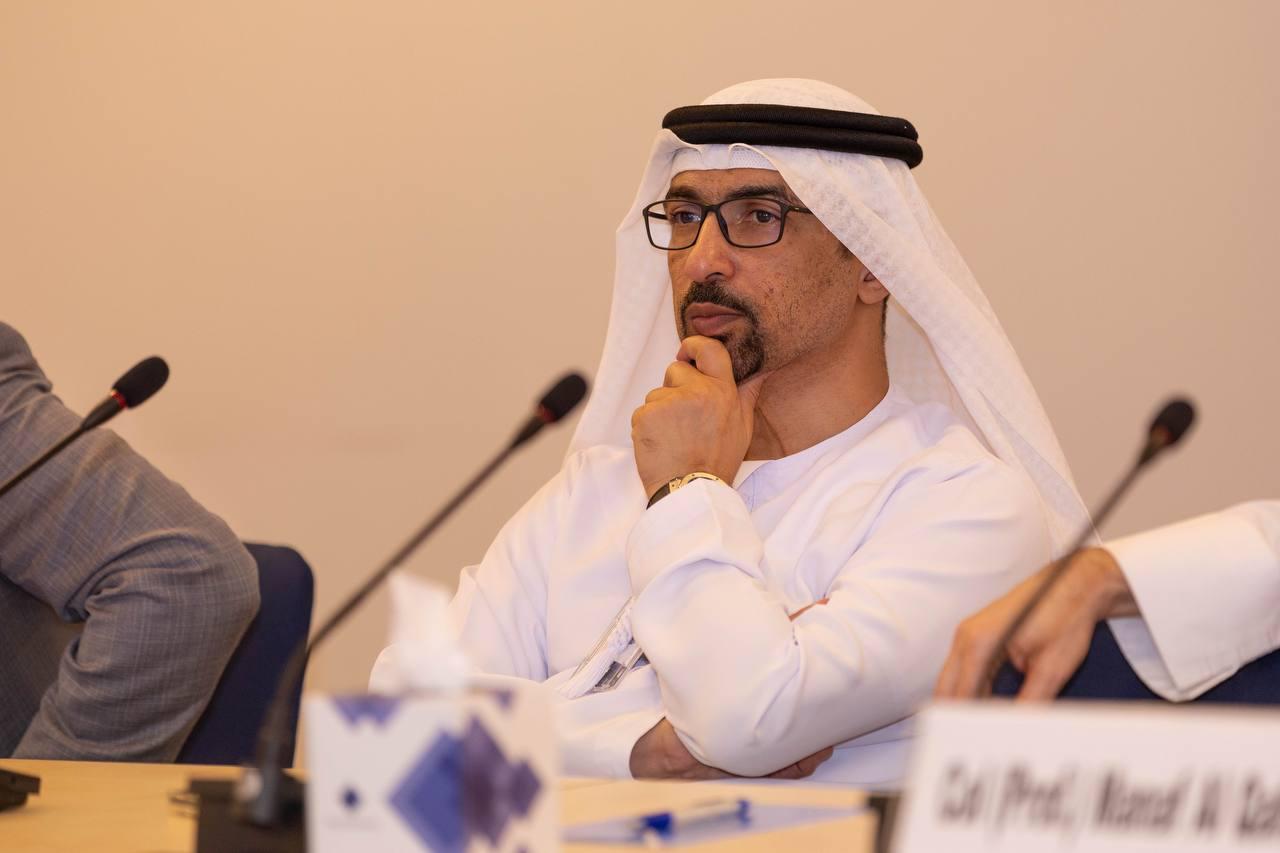
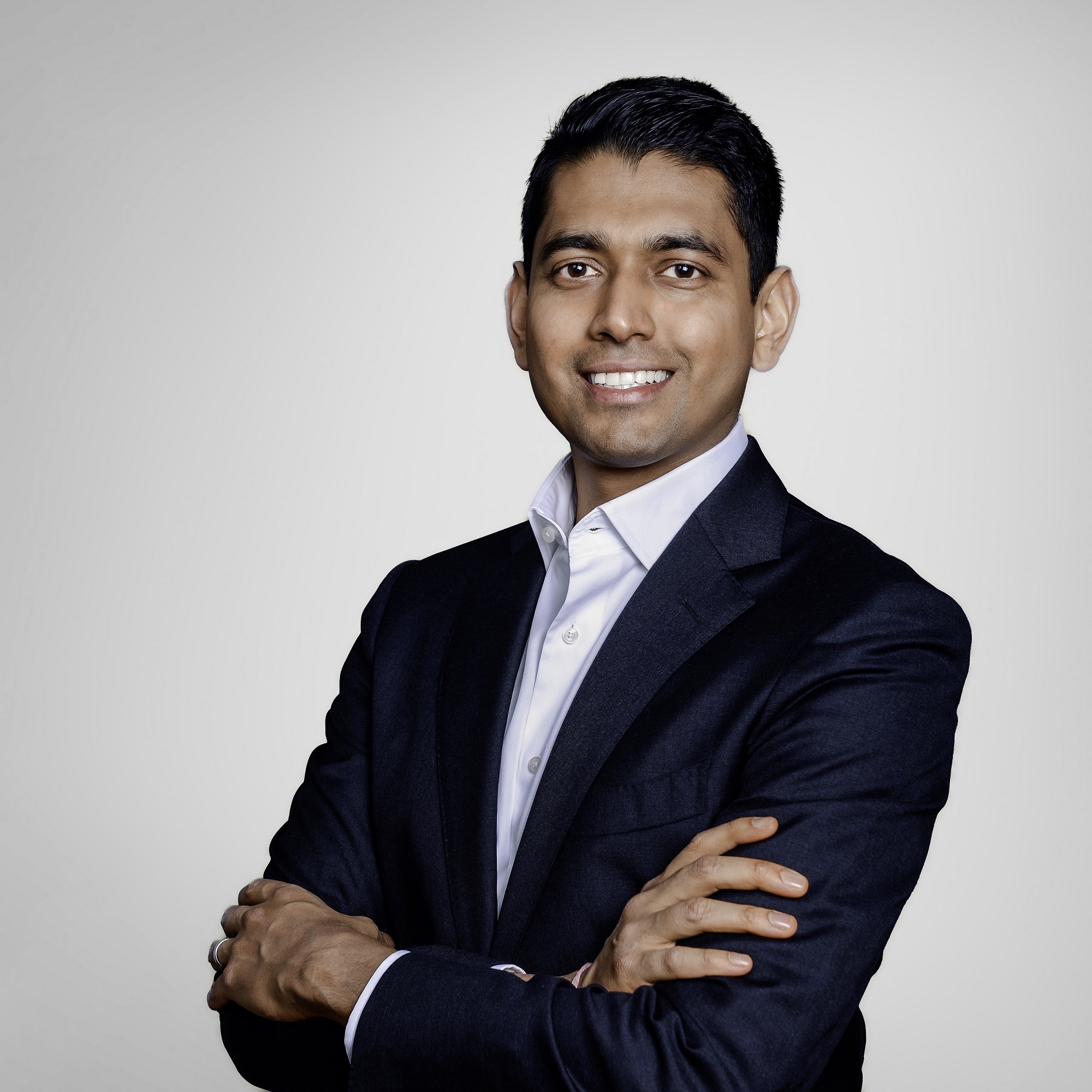






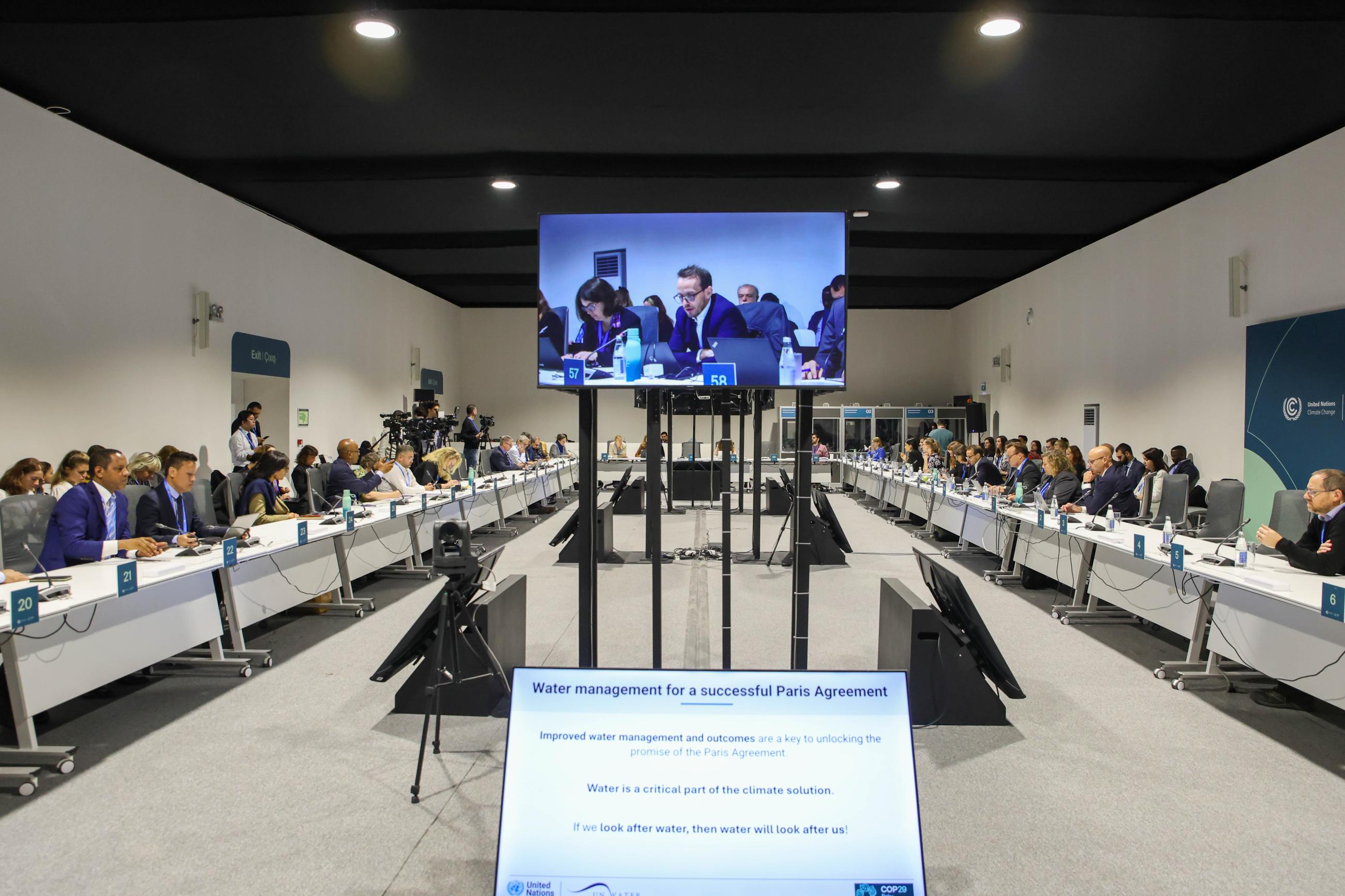
Add Comment